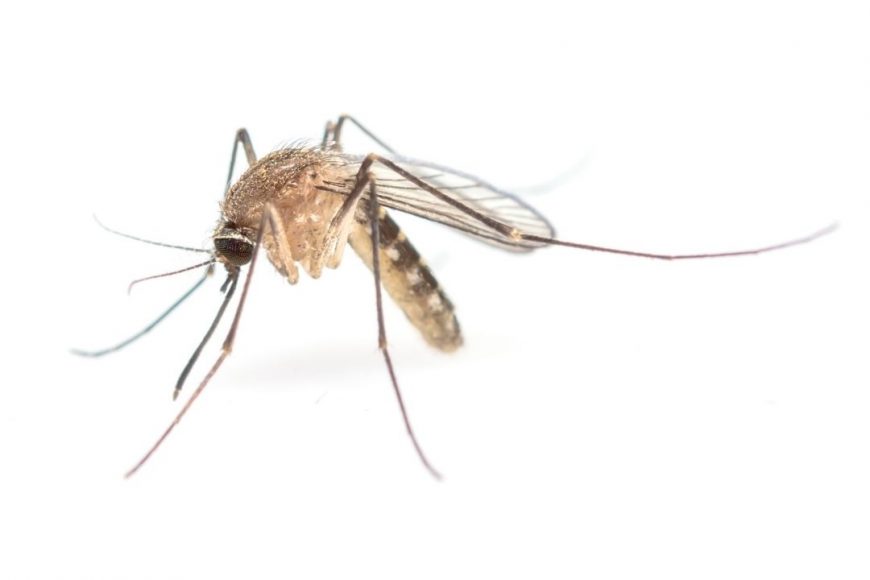
Houston’s climate provides a perfect breeding ground for a variety of mosquito species. These pesky insects not only cause itchy bites but can also be vectors for diseases. Here’s a look at some of the most common mosquito species that you might encounter in the Houston area.
Aedes Aegypti (Yellow Fever Mosquito)
- Description: This species is easily identifiable by the distinctive white markings on its legs and a marking in the shape of a lyre on the upper surface of its thorax.
- Breeding Habitats: They typically breed in standing water found in urban environments, such as old tires, flowerpots, and clogged gutters.
- Behavior: Known for biting during the day, especially during early morning and late afternoon.
- Health Risk: They are responsible for spreading dengue fever, Zika virus, chikungunya, and yellow fever.
Culex Quinquefasciatus (Southern House Mosquito)
- Description: These mosquitoes have a brownish coloration with banded legs and no distinctive marks on the thorax.
- Breeding Habitats: They are often found breeding in polluted standing water, like in ditches and storm drains.
- Behavior: They are considered nocturnal feeders with peak activity at dusk.
- Health Risk: This species is a known vector of West Nile virus and St. Louis encephalitis.
Anopheles Quadrimaculatus (Common Malaria Mosquito)
- Description: Characterized by their dark-brown to black bodies and paler markings, they hold their bodies at a 45-degree angle when resting.
- Breeding Habitats: The malaria mosquito prefers to lay its eggs in freshwater habitats such as marshes, ponds, and slow-moving streams.
- Behavior: They are most active in feeding at night, with peak biting occurring just after sunset.
- Health Risk: They can transmit malaria to humans, although local transmission rates in Houston are generally low.
Psorophora Columbiae (Giant Gallinipper)
- Description: One of the larger species, gallinippers boast an impressive size and aggressive biting behavior.
- Breeding Habitats: They breed in floodwater and prefer fields and grassy areas that are prone to flooding.
- Behavior: Known for their painful bite, they are not shy about biting humans and animals at any time of day.
- Health Risk: While they are not primary vectors of diseases, their bite is more painful and irritating than other species.
These are just a few of the mosquito species found in the Houston area. To avoid mosquito bites and the potential transmission of diseases, it’s important to take preventative measures. This includes eliminating standing water around the home, using insect repellent, wearing long sleeves and pants when outdoors, and considering the installation of mosquito traps or nets, especially during the mosquito season. Remember, mosquito control is a community effort, and everyone has a role to play in reducing the mosquito population.
